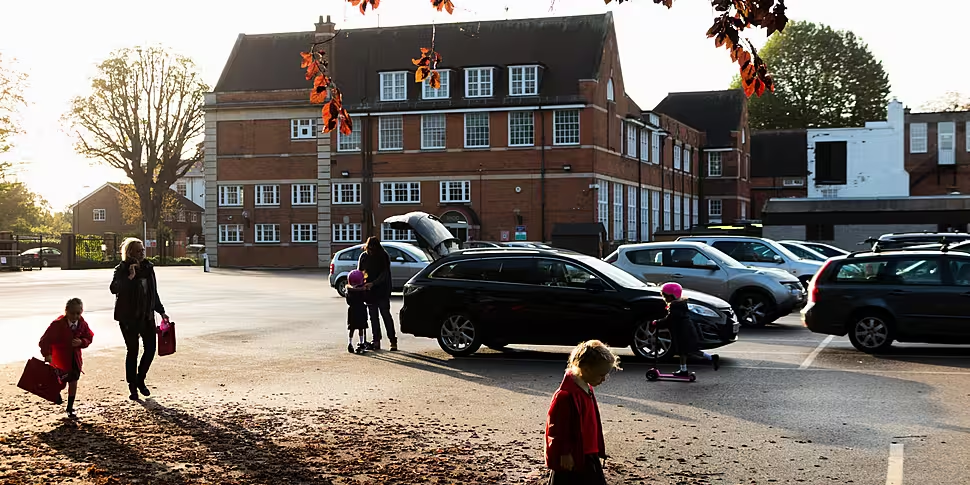Lack of walking and cycling to school is having a “massive impact” on the rate of obesity among children, a leading expert on obesity has said.
According to the HSE, 17% of children in Ireland are living with obesity or are overweight.
Reflecting on the problem, Senator Róisín Garvey said part of the problem is that children “have to be driven everywhere”.
On The Hard Shoulder, child obesity specialist Grace O’Malley said a child’s weight is certainly influenced by how much physical exercise they take.
“Our environment has a massive impact on that,” she said.
“We do have to look at how our environment is built, does it promote walking and cycling to school?
“There’s countries like Germany where people would be absolutely shocked if you drove your child to school in a village or a town setting.
“Whereas in Ireland we kind of expect it.”
'Essential for children’s health'
Dr O’Malley said many children have to be driven to school because they live a long way away or lack safe pedestrian or cycling infrastructure.
However, she said in an ideal world, a child should walk or cycle to school.
“Other children and teenagers do have the capacity and the ability to actively travel to schools,” she said.
“That’s really important in terms of what the Green Party are trying to do in terms of cycling and walking.
“Physical activity is essential for children’s health and development and it’s been engineered out of their lives and we have to really understand that kids need to move and build their heart tissue, their lung tissue, their bones and their mental health.”
 A cycle lane in Dublin. Photo: Sam Boal/RollingNews.ie
A cycle lane in Dublin. Photo: Sam Boal/RollingNews.ieDr O’Malley said that a child that spends too much time sitting if far more likely to gain weight.
For a child under the age of five, she recommended three hours of physical activity a day - carried out at various intervals during the day.
For a child between five and 18, she suggested one hour every day.
“Physical activity, people often just think of it on one side of the scale as ‘energy in and energy out’,” she said.
“But we know from research that actively moving, yes it burns energy but more importantly, it actually sends signals to the brain about appetite control.
“So, we know that children and adults who are more sedentary, their ability to sense being full or being hungry is dampened - they tend to feel more hungry.”
According to the Youth Sport Trust, participating in sports has been linked to improved academic performance as well.
You can listen back here:
Main image: A school car park. Picture by: Alamy.com









